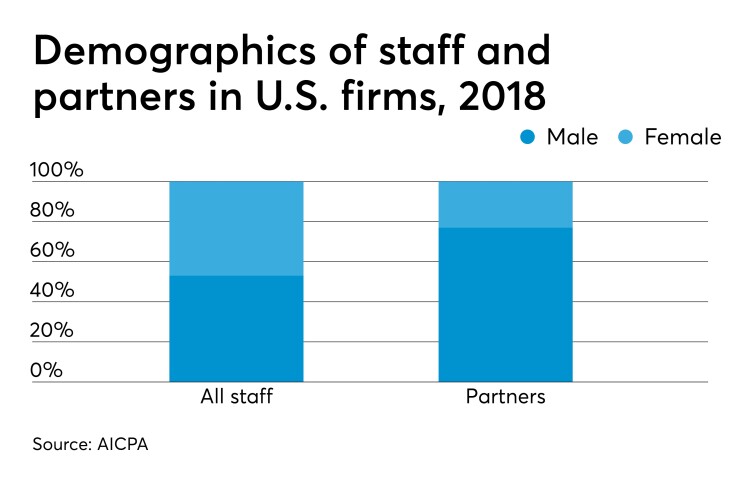The most diverse companies see the most business growth, according to Top 10 Firm Crowe and its 2019 "The Art of Smart" report.
Now in its second year, the report examines "corporate decision-making in the world" through Crowe’s "four strategic indicators of good decision-making — growth, diversity, boldness and innovation — in order to provide insight to CEOs and business leaders on how to make better decisions for their businesses," according to the firm.
Crowe's report collected data from over 300 companies, focusing on three industries: manufacturing, health care and real estate. Crowe then ranked the companies by growth, measuring their change in revenue over one and five years. 115 companies were then ranked into two lists: the top 15 most innovative companies determined by the aforementioned "four strategic indicators of good decision-making," and the Crowe 100 Decision-Making Index 2019, which ranks companies by "the quantifiable aspects of decision-making."
"Strong and effective decision-making is critical to successful businesses," stated Crowe Global CEO David Mellor. "Yet, in making significant decisions, all companies face challenges. It is our hope that, by learning all that we can about the decision-making process, we are able to minimize those challenges and take decision-making from a misunderstood art to a mainstream science."
Among its findings, the 2019 Art of Smart report found that companies that scored highest in diversity also had the largest business growth in terms of revenue per employee — 3,680 percent, on average, over five years for the most diverse companies, compared to an average of 450 percent for companies in the next diverse group.
“Though discussions about diversity tend to focus on the obvious differences such as gender, race, religion, sexual orientation or disability, the spectrum of difference spans many nuances, including cultural identity, background and upbringing ... age and more," Herschel Frierson, managing director at Crowe and former National Director of the National Association of Black Accountants, noted in the report. "Those differences are assets — and never more so than in today’s globalized world.”
“Companies need to talk about what type of diversity they are pursuing," noted Chengwei Liu, associate professor of strategy and behavioral science at the European School of Management and Technology, in the report. "Is it about taking affirmative action to provide more equal opportunities, or is it pragmatic and performance driven? The answer will dictate very different ways of achieving it.”
Concerning female leadership, the report found European corporate board diversity to be the highest in the world, with 34 percent female representation, compared to 23 percent in North America, 17 percent in Asia, and 5 percent in the Middle East. The report also found more female leaders in younger, "bolder" companies (defined as those that "take courageous steps to differentiate themselves and make themselves more effective"), as well as more rapidly expanding industries such as biotech and mining.
“I don’t think anyone can say, ‘That’s it, we’ve achieved diversity,’" said Kimberly Ellison-Taylor, global strategy leader at Oracle and former chair of the Association of International Certified Professional Accountants, in the report. "We should applaud success, but we have to keep going. We can always do better.”
"If diversity is truly to be a driver of business performance, companies could benefit from becoming more analytical about how they define it and more creative about how they approach it, looking beyond the obvious markers and the established ways of recruiting and retaining talent," the report noted. "Diversity may be important for its own sake — but done well, it’s also innovation in the making."
For the full report, head to Crowe's






